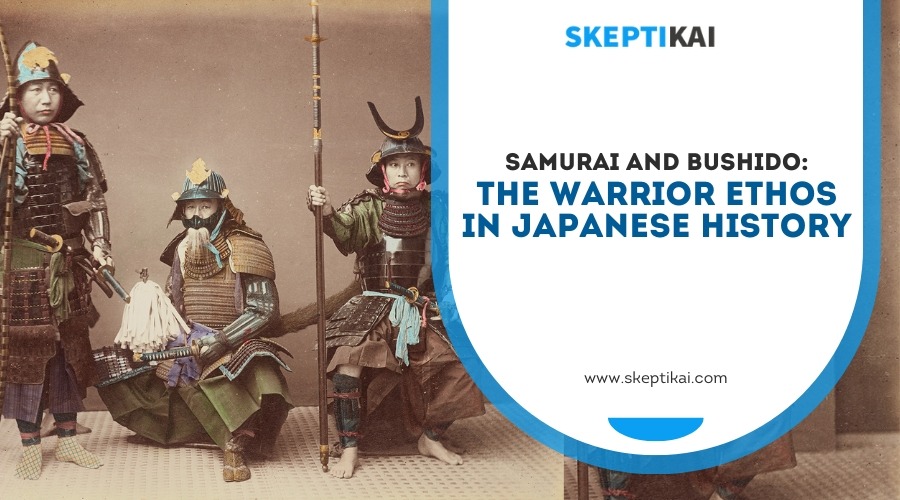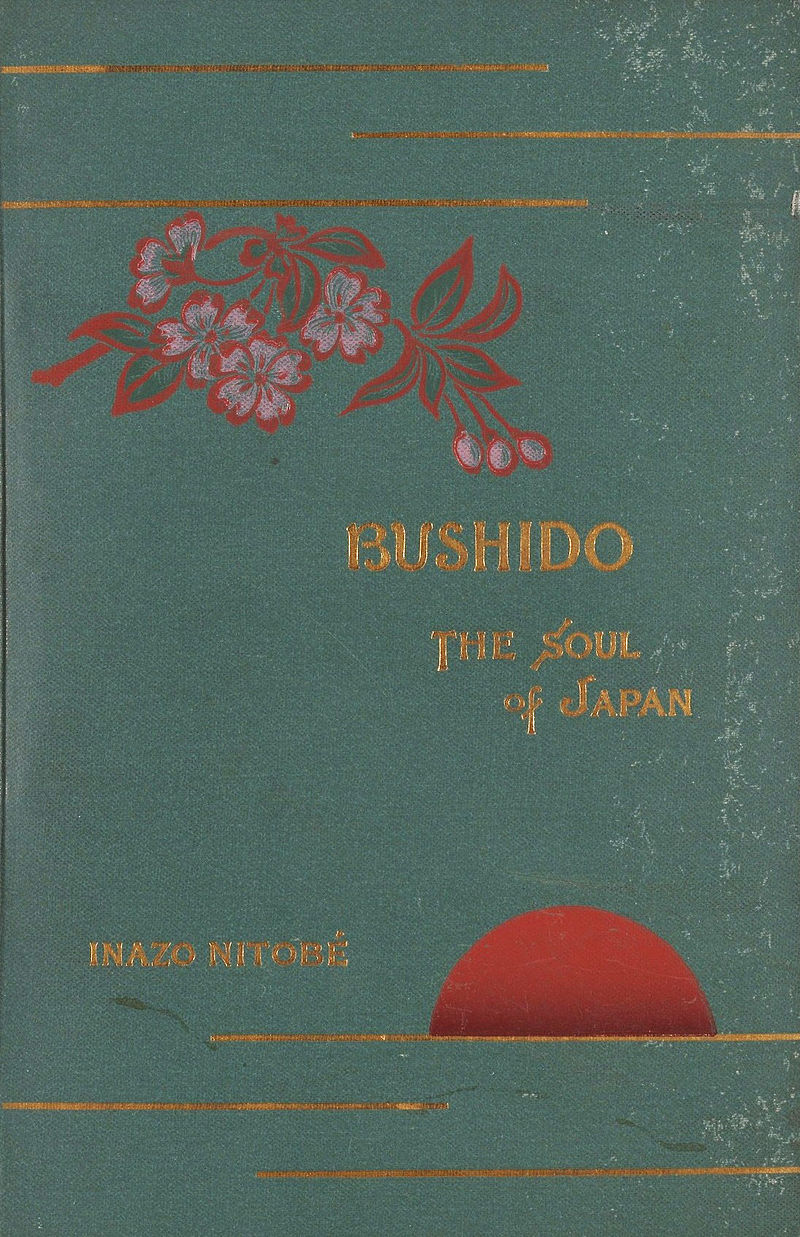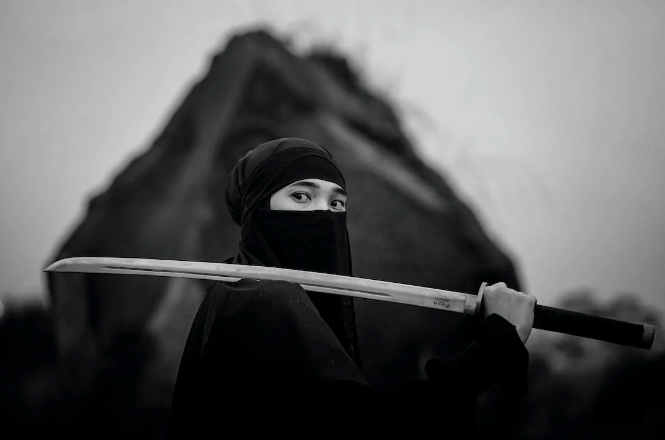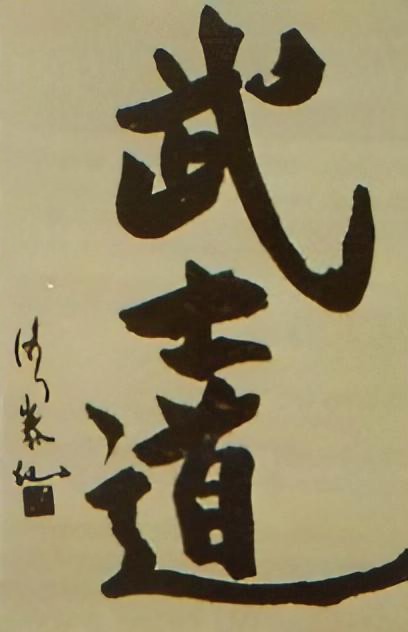Like a meticulously sharpened katana, the ethos of Bushido carved its way through the fabric of Japanese history, shaping the lives of samurai warriors. You’ll find that the principles of righteousness, loyalty, and honor weren’t just lofty ideals but a tangible code that dictated every aspect of a samurai’s life. This intricate blend of moral conduct and martial discipline has left an indelible mark on Japanese culture, one that resonates even in modern times. If you’re intrigued by how a centuries-old warrior code continues to influence a nation’s ethos, you’re in the right place to uncover more.
Origins of Bushido
Delving into the origins of Bushido, it’s crucial to understand that it sprang from the core samurai values of loyalty, honor, and martial prowess, evolving over centuries to shape the warrior’s way of life in Japan. The term ‘Bushido,’ translating to ‘The Way of the Warrior’ in Japanese, captures the essence of this revered code. It emerged prominently in literature around 1616, but its principles date back to the moral conduct and ethics of the samurai during the Kamakura period.
These early samurai were more than mere military nobility; they embodied a lifestyle steeped in a blend of physical and moral strength. Their adherence to values such as sincerity, frugality, and an unwavering loyalty to their lord laid the groundwork for Bushido. This code wasn’t just a set of rules but a comprehensive way to balance the violence inherent in their roles with wisdom and peace, influenced significantly by Neo-Confucianism, Shinto, and Zen Buddhism.
As Bushido evolved, it adapted, reflecting the changing needs and perspectives of Japan’s military elite. Each samurai clan might’ve interpreted the code somewhat differently, but at its heart, Bushido remained a unifying set of principles guiding conduct, honor, and societal roles, deeply ingrained in the Japanese warrior ethos since the Kamakura period.
Evolution of the Samurai
As Japan navigated through periods of war and peace, the role of the samurai significantly evolved, marking their transition from mere warriors to influential societal figures. Initially, samurai were revered for their warrior spirit, bound by a moral code that emphasized loyalty and duty. This code, although not yet named the Bushido, became the cornerstone of their ethos, guiding their actions both on and off the battlefield.
The Tokugawa period, initiated by Tokugawa Ieyasu’s victory in 1600, ushered in an era that profoundly impacted the samurai. With the establishment of a military government, or bakufu, samurai transitioned from battlefield combatants to bureaucrats and administrators, playing key roles within the confines of feudal Japan’s political sphere.
However, the arrival of Commodore Matthew Perry in 1854 signaled the beginning of the end for the samurai caste. The subsequent Meiji period saw the dismantling of the feudal system, challenging the very foundation of samurai identity. Despite their eventual fade from the societal structure, the legacy of the samurai, encapsulated by their dedication to the Bushido code, continued to influence Japanese culture and ethics, showcasing their enduring impact on Japan’s history.
Key Virtues of Bushido
Exploring the samurai’s adherence to Bushido, it’s essential to understand the key virtues that defined their way of life and conduct. At the heart of Bushido lie virtues such as loyalty, honor, respect, honesty, courage, and righteousness. These principles weren’t mere suggestions; they were the foundation upon which every samurai built their existence.
As a samurai, you’re expected to pursue justice with unwavering loyalty to your master, living a life that embodies honor at every turn. Respect isn’t just reserved for allies but extends to enemies as well, promoting a culture where even in conflict, dignity prevails. Honesty and righteousness guide your actions, ensuring that deception finds no room in your conduct. Courage, in this context, isn’t just about bravery in battle. It’s about facing life’s inevitable end without fear, choosing a path of honor over a life of shame.
Bushido teaches that the world is but a dream, urging you to seek joy in pursuits that fulfill the spirit. Tranquility, according to Bushido, is the highest form of courage—a calm readiness for whatever comes, underpinned by a deep love that transcends the mere instinct to fight.
Bushido on the Battlefield
On the battlefield, samurai warriors embodied Bushido principles, showcasing unmatched honor, loyalty, and courage amidst the chaos of war. These warriors stood as paragons of the Bushido ethos, their lives a testament to the profound depth of their commitment. You’d witness their adherence to righteousness and justice, guiding their every move, ensuring that their conduct in battle was nothing short of exemplary.
- A samurai staring down death with a calm acceptance, seeing it not as an end but as the ultimate fulfillment of duty.
- Respectful confrontations, where samurai recognized and honored the skill and worth of their adversaries, fighting with integrity.
- Acts of valor, where the samurai’s courage wasn’t just about personal glory but about upholding the honor of their name and the principles of Bushido.
Bushido on the battlefield wasn’t just about the physical combat. It was a display of the samurai’s inner strength, their commitment to live and die by a code that valued honor, loyalty, and respect above all else. Through their actions, samurai warriors demonstrated that Bushido was more than just a set of ideals; it was a way of life, especially in the face of adversity and the specter of death.
Bushido in Modern Japan
Despite centuries passing since the age of samurai, the core values of Bushido continue to significantly shape modern Japanese society. You’ll find that the Bushido principles, once the heart of samurai culture, now infuse various aspects of life, from martial arts traditions to business practices. It’s a testament to the enduring legacy of the samurai’s code of honor.
| Aspect | Influence of Bushido | Example |
|---|---|---|
| Martial Arts | Traditional schools emphasize Bushido values | Moral conduct in training |
| Leadership | Guides ethical decision-making and principles | Leadership principles in firms |
| Personal Development | Inspirational source for growth and moral conduct | Ethical behavior in daily life |
In modern Japanese society, leaders uphold Bushido principles, showcasing how these timeless values guide leadership and ethical decision-making. This approach not only strengthens personal development but also shapes business practices, ensuring that the moral conduct inspired by samurai culture remains relevant.
Furthermore, many martial arts traditions in Japan still pair combat techniques with the teachings of Bushido, emphasizing the importance of moral character alongside physical prowess. This combination ensures that the spirit of the samurai continues to inspire and influence, demonstrating the code’s significant impact on personal development and societal ethics.
Legacy of the Samurai
The legacy of the samurai lives on today, deeply embedded in the cultural fabric and daily practices of Japan, from business etiquette to martial arts. The values and principles they upheld, rooted in the code of Bushido, continue to inspire and shape Japanese society. This code of conduct, emphasizing virtues like loyalty, honor, and courage, has transcended time, influencing not just martial arts but also the way business is conducted and how people interact with one another.
Consider these vivid examples of the samurai’s enduring legacy:
- *In boardrooms across Japan, the samurai’s loyalty and honor influence corporate culture, guiding decisions and fostering a sense of duty among employees.*
- *Dojos teaching kendo, judo, and other martial arts keep the samurai’s combat techniques and disciplined mindset alive for new generations.*
- *Annual festivals and historical dramas celebrate the samurai’s role in Japanese history, bringing their stories of bravery and loyalty to life for both locals and tourists.*
The samurai’s dedicated lifestyle, strict moral code, and unwavering loyalty to their masters resonate through these aspects of modern life, ensuring their legacy isn’t just remembered but lived. Their impact is a testament to the lasting power of the values they championed.
Conclusion
In wrapping up, you’ve journeyed through the origins and evolution of the samurai and Bushido, understanding the core virtues that defined these warriors. On the battlefield and beyond, their adherence to Bushido profoundly influenced Japanese culture, leaving a legacy that endures in modern Japan.
You’ve seen how their dedication to honor, loyalty, and discipline shaped not just their era but continues to inspire today. Their story is a testament to the timeless appeal of living by a code of integrity and courage.




